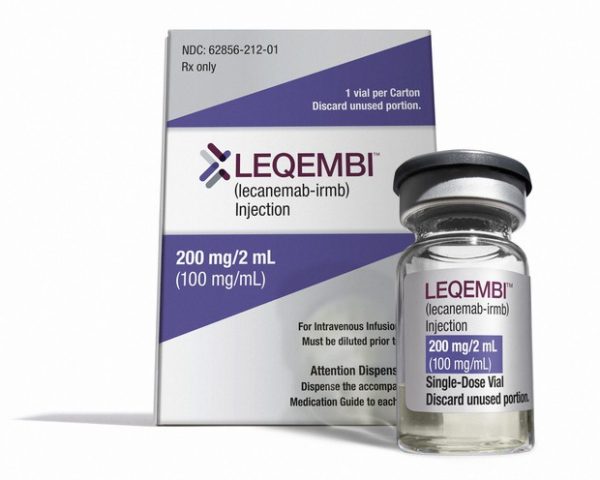
The U.S. Food and Drug Administration (FDA), in charge of safeguarding the safety of our food and drugs, finds itself embroiled in a legal battle as the U.S. Supreme Court prepares to hear arguments in a lawsuit against the agency. At the heart of this legal dispute lies the FDA’s decision regarding mifepristone, a high-risk drug used in medication abortion procedures. This decision, made despite acknowledged inadequacies in the supporting data and studies, has raised serious concerns about the welfare of hundreds of thousands of Americans impacted by its ramifications.
Mifepristone’s FDA-approved label warns of its potential dangers, with approximately one in 25 women facing the prospect of ending up in the emergency room after taking the drug. Recognizing these risks, the FDA initially instituted stringent safety measures, including mandatory in-person medical care with a licensed physician before and after taking the drug. These precautions aimed to detect life-threatening conditions like ectopic pregnancy and monitor for complications such as severe bleeding and infections.
However, in both 2016 and 2021, the FDA controversially eliminated these requirements, allowing for the distribution of mifepristone without ongoing in-person medical supervision. This decision came despite the drug’s Black Box warning highlighting the potential for “serious and sometimes fatal infections and bleeding.” What’s alarming is that the FDA based its decision on data and studies it openly admitted were unreliable and inadequate.
The FDA’s reliance on its Adverse Event Reporting System (FAERS) database to justify the removal of in-person requirements raises serious questions. The agency itself acknowledges that FAERS data alone are insufficient to determine a drug’s safety profile. Additionally, the FDA’s failure to address the absence of reporting requirements for non-fatal serious adverse events leaves a critical gap in monitoring and responding to potential risks associated with mifepristone use.
Moreover, the FDA’s reliance on studies evaluating mail-order dispensing of abortion drugs, despite their limitations and red flags, further undermines the credibility of its decision-making process. These studies revealed alarming rates of hospitalization and unplanned clinical encounters associated with mail-order dispensing, directly contradicting the FDA’s rationale for removing in-person requirements.
In light of these deficiencies, the FDA’s decision to authorize self-administration of mifepristone poses a grave risk to women’s health, exposing them to serious and life-threatening complications without adequate medical oversight. The agency’s failure to engage in reasoned decision-making, as required by the Administrative Procedure Act, highlights a troubling disregard for public safety.
The lawsuit challenging the FDA’s actions, supported by Alliance Defending Freedom attorneys and a coalition of doctors and medical associations, underscores the urgency of holding the agency accountable. These healthcare professionals, who witness firsthand the harms inflicted by the FDA’s recklessness, are advocating for the restoration of common-sense health and safety standards.
As the case heads to the Supreme Court, the American people deserve a federal government committed to evidence-based decision-making and prioritizing public health above all else. The FDA must not be allowed to jeopardize women’s health with insufficiently supported conclusions and inadequate rationales. It’s time to ensure that no agency is above the law, and that the FDA fulfills its duty to protect and promote the well-being of all Americans.
Watch below. Thoughts?
The post FDA Faces Scrutiny Over Mifepristone Decision: A Threat to Women’s Health first appeared on The Source.
The post FDA Faces Scrutiny Over Mifepristone Decision: A Threat to Women’s Health appeared first on The Source.


